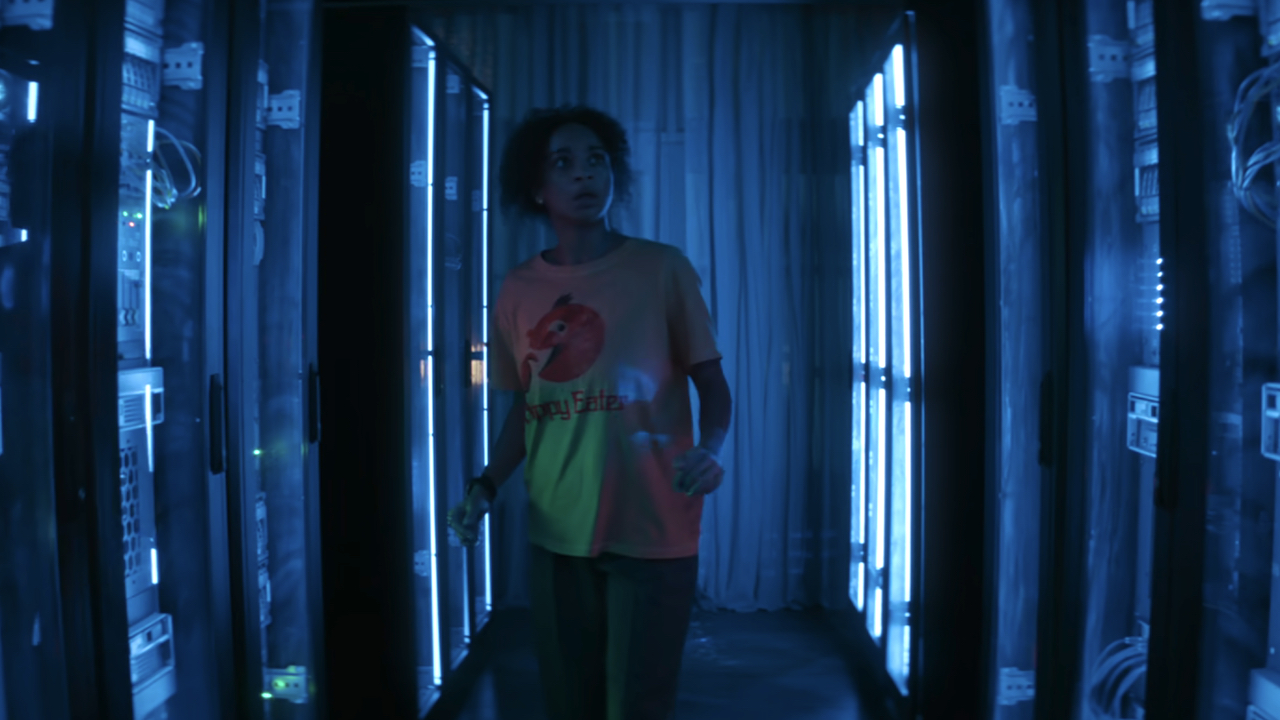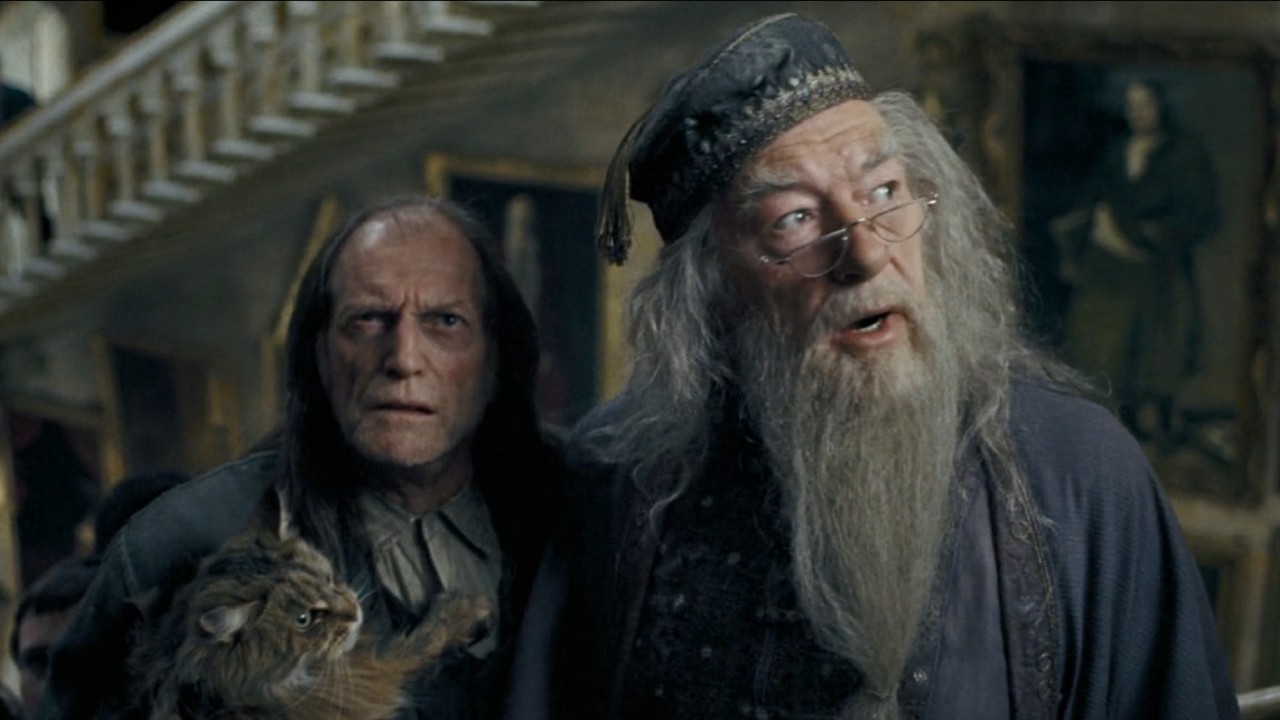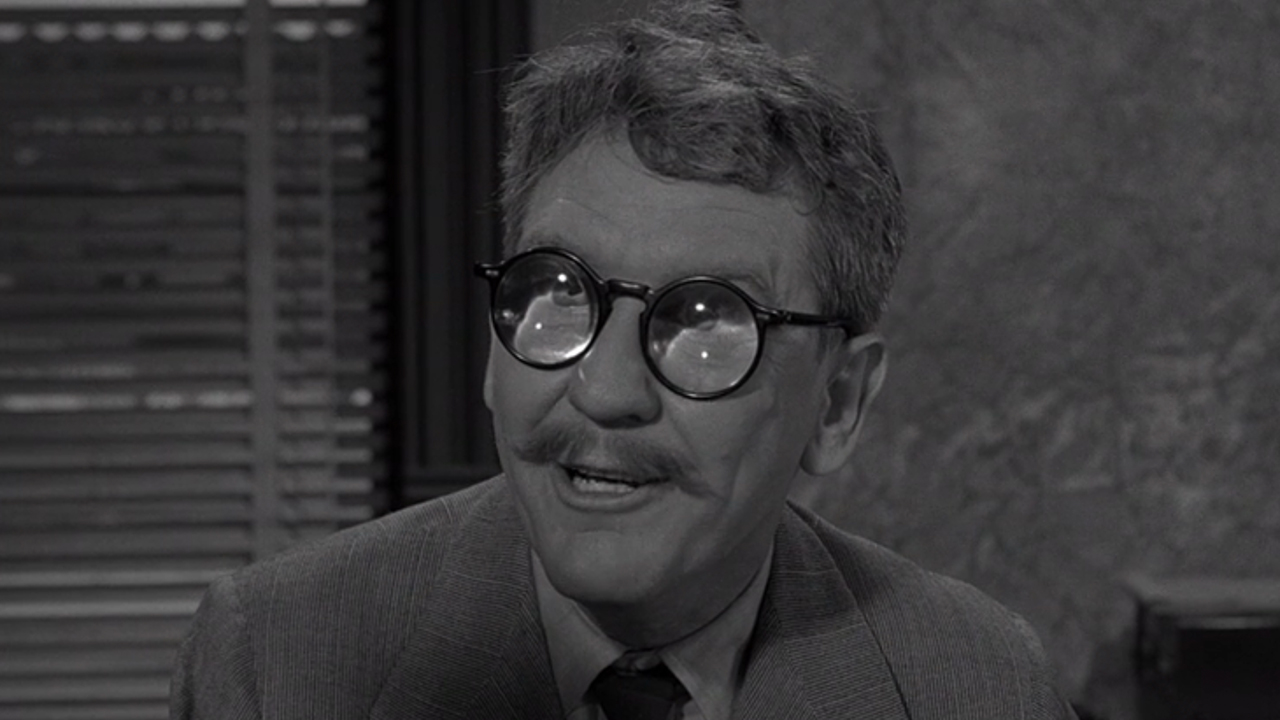Black Mirror's New Season Introduces A Villain That Reminds Me Of Lex Luthor, And They Could Literally Change This Entire Universe
I'm not paranoid, you're paranoid AND out to get me.

Spoilers below for anyone who hasn’t yet watched Black Mirror Season 7’s installment “Bête Noire” with a Netflix subscription.
In each of Black Mirror previous six seasons came at least one moment when I as a viewer wanted to crawl inside myself and only emerge once the applicable episode’s tech advancement had been eradicated from thought. Within the sci-fi thriller’s highly anticipated Season 7, that moment rang truest during the second installment, “Bête Noire,” a hyper-paranoid exploration of mistaken memories and the Mandela Effect, as well as the unpredictable ramifications of high school bullying.
On the whole, one’s mileage regarding this episode will vary as much as it will with any of Black Mirror’s other high-minded cautionary tales, but as someone who is intrigued by the inconsistencies of human memory, and who loves a good reality-warping plotline, I thought it was an enjoyably stressful trip to the office. And what I really loved was that it introduced a rather devious villain (or villains?) whose megalomaniacal behavior gave off Lex Luthor vibes.

Verity Is Quietly One Of Black Mirror's Scariest, Lex Luthor-iest Villains
Rosy McEwen's Verity, despite having a highly contextual name, does not seem like much of a threat upon her introduction at the Ditta offices where Siena Kelly's Maria and others aim to create universally beloved confectionary treats. Her wallflower demeanor plays into her own high school backstory as a largely ignored computer whiz who fell victim to scandalizing rumors involving a teacher. But hell hath no fury like a brainy woman scorned.
Rather than facing her perceived enemies with a show of brute force or any kind of direct entanglement, Verity works her magic without drawing attention to herself. And with only the lightest amount of prodding, she turns Maria from a respected and successful employee to a distrusted and seemingly troubled paranoiac.
It'd be one thing if her entire plan of offense was just mental, but Verity legitimately crafted a device that can shift reality to whatever parallel universe the user desires, which is absolutely as powerful an attribute (if not more so) than anything other nefarious Black Mirror characters have going for them. Verity could have been the queen of whatever universe she desired, and apparently was for a short while, but the same way Lex Luthor is never able to stop himself from antagonizing Superman, it wasn't enough.
I mean seriously, her power was strong enough to affect the episode itself, which appears differently for different viewers in regards to certain details. (Okay, so that was probably more the creative team's decision than that of a fictional character.)
CINEMABLEND NEWSLETTER
Your Daily Blend of Entertainment News

Verity's Quantum Compiler Could Literally Rewrite The Entirety Of Black Mirror
Honestly, Verity's quantum compiler seems like the ultimate piece of weapon-esque technology imaginable. (Kudos to ep writer Charlie Brooker for not offering a single iota of information about how the thing was crafted.) Not only did it give her the ability to change anything she wanted about her own life, but she could almost too quickly alter the entire course of human history.
Which obviously also means that her small-scale remotes offer the ability to adjust and rewrite everything that's happened in any of the show's seven seasons. Which would be a less believable notion if "Bête Noire" truly existed in a vacuum and wasn't inter-connected with other Black Mirror episodes.
But as we know, quite a few of this anthology series' episodes share characters, locations, and other details. It was just one episode prior, in "Common People," where Rashida Jones specifically referenced Maria and Verity's employer Ditta, in reference to its Honey Nugs.
The similarities aren't exact or anything, but in my mind, the quantum compiler is easily most analogous to DC's all-powerful Anti-Life Equation, in that the entity in charge of it as close as possible to godliness. So if by the end, Maria wanted to put all of her coworkers into the egg-shaped personal-assistant tech seen in the episode "White Christmas," or to set "Bête Noire" in a world where no one was alive outside of the Ditta offices, it's not like there would be a Batman or Superman around to stop her.

Maria Could Be An Even Scarier Villain Now That She Has The Power
Verity brought her natural intelligence and years of hard work and dedicated effort into making her quantum compiler a reality - and in a way that seemingly didn't result in the the rest of the world being destroyed - with a quiet rage inside that festered for enough years that she had to act on it. But she perhaps too close to the power to impulsively go too far without realizing it.
Meanwhile, Maria put forth nothing to achieve any of Verity's accomplishments, and straight up stole it in a most violent and cruel way. So she doesn't have the innate respect of the science that might naturally limit how over-the-top she might go with her changes to the world. And the episode ends with her in a lofty Queen of the Universe-esque position, despite Verity downplaying the advantages of such a fate.
Plus, Maria's sense of angry vengeance is far fresher than Verity's decades-old displeasure, and it's easier to imagine the former letting such still-bitter feelings guide her into making some less-than-desireable choices for how reality should work.
And then the only thing left to do would be to turn herself into a bald, white man who's absolutely obsessed with taking down the Man of Steel. If there's a scene in James Gunn's Superman where Siena Kelly pops up with a certain-shaped remote around her neck, don't say I didn't warn you.

Nick is a Cajun Country native and an Assistant Managing Editor with a focus on TV and features. His humble origin story with CinemaBlend began all the way back in the pre-streaming era, circa 2009, as a freelancing DVD reviewer and TV recapper. Nick leapfrogged over to the small screen to cover more and more television news and interviews, eventually taking over the section for the current era and covering topics like Yellowstone, The Walking Dead and horror. Born in Louisiana and currently living in Texas — Who Dat Nation over America’s Team all day, all night — Nick spent several years in the hospitality industry, and also worked as a 911 operator. If you ever happened to hear his music or read his comics/short stories, you have his sympathy.
You must confirm your public display name before commenting
Please logout and then login again, you will then be prompted to enter your display name.










